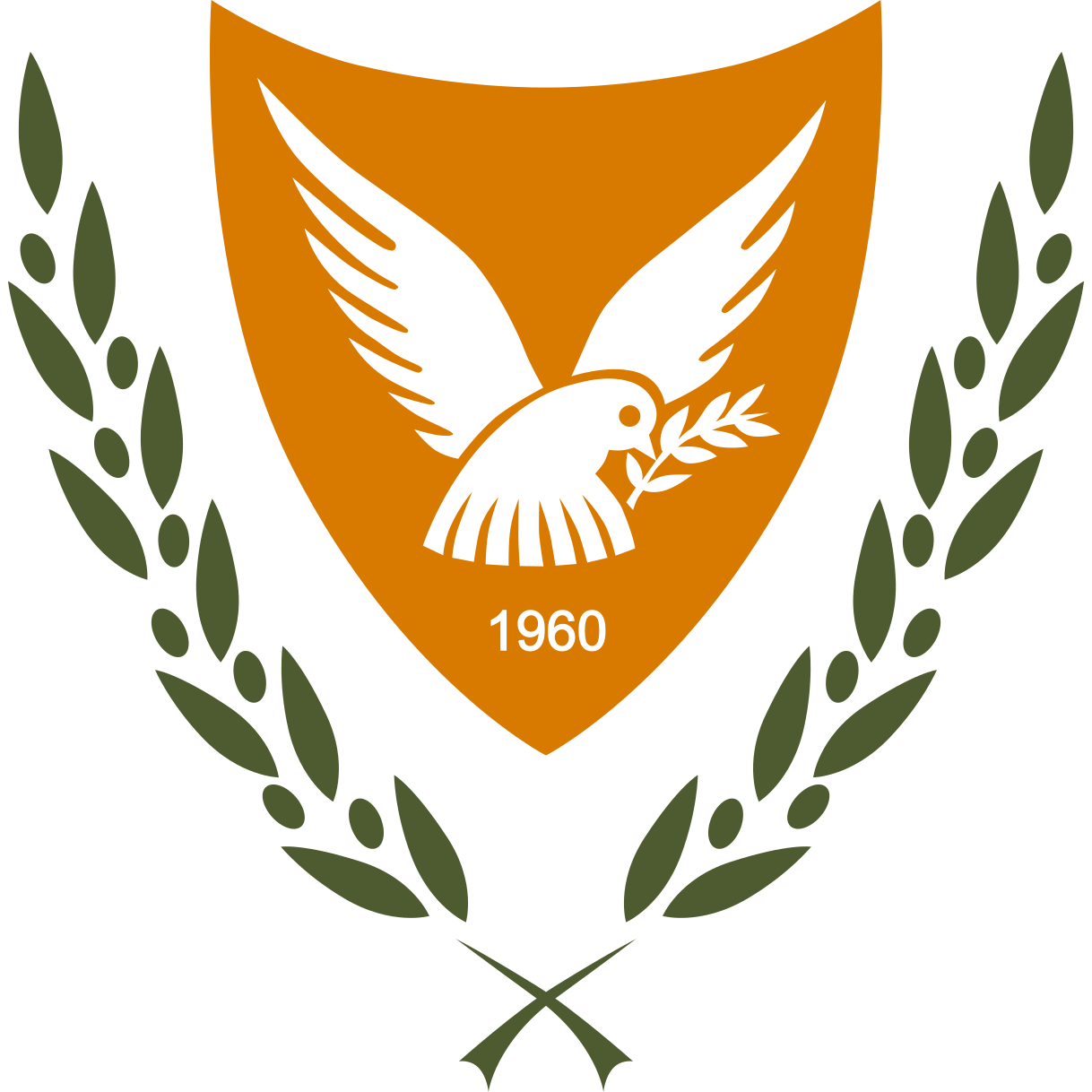

Tourist Guide
Operating as a Tourist Guide
General Information
In order to exercise the occupation of a tourist guide in the Republic of Cyprus, one needs to obtain a tourist guide licence by the Deputy Ministry of Tourism.
Application Submission
Who is Eligible
A physical person is eligible to obtain a tourist guide licence if the Deputy Ministry of Tourism is satisfied that he/she:
- Is a citizen of an EU member state;
- Has not been convicted of a crime which invokes lack of honesty or moral turpitude or systematic contravention of the tourist or hotel legislation or the legislation relating to the control or the protection of foreign exchange;
- Has very good knowledge of the Greek language and at least one foreign language;
- Is a holder of a title of studies of the Tourist Guide School or any other recognized Tourist Guide School or diploma or certificate or have practiced the occupation in another member state and;
- Knows the history and art of Cyprus, the archaeological and historical sites, the natural environment and the modern life of the Republic.
Additionally, an adaptation period or an aptitude test may be required in accordance with the requirements set out in the Recognition of Professional Qualifications´ Law.
Where to Apply
The application form for the issue of a tourist guide licence can be submitted either through the PSC Cyprus or by post/hand to the competent authority:
Deputy Ministry of Tourism
P.O.Box 24535, 1390 Nicosia
Tel. +357 22691271
Fax +357 22 331 644, +357 22 334 696
Email: AndriVenizelou@visitcyprus.com, cytour@visitcyprus.com
Website: http://www.tourism.gov.cy
Which Certificates must be Submitted
The application should be accompanied with the following documents:
- Copy of proof of nationality;
- Copy of proof of very good knowledge of the Greek language (if the Greek language is not the mother tongue);
- Copy of proof of very good knowledge of every language applied for;
- Copies of Certificate of the Tourist Guide School in Cyprus or abroad and official transcript of studies;
- Copies of certificates of academic qualifications (official translations in Greek or English language if applicable);
- Copy of evidence for working experience;
- Copy of a Licence to practice the occupation of a tourist guide, granted in accordance with the legislation of the other member state of descent or of origin;
- Original recent criminal record certificate.
Fees Applicable & How to Pay
Upon approval, the applicant needs to pay the licence fee of €30,00 (payable by cash, cheque or bank transfer).
Decision Notification
The applicant is informed regarding the authorisation decision within 3 months from the date that the application form and supporting documents were duly submitted.
Licence Validity Period
The tourist guide’s licence is valid for a duration of two years (or part thereof) and expires on the 31st of December. The renewal fee is €30,00.
Dispute with the Competent Authority's Decision
How to File an Administrative Action
Administrative Action against a Competent Authority’s Decision
Any person may file an Administrative Action at the Administrative Court against a decision, act, or omission of any competent authority or body.
Pursuant to Article 146 of the Constitution, an Administrative Action may be lodged within 75 days from the date of the decision or act or omission or from the day when such decision or act or omission was notified to the applicant.
The Administrative Court acts as a cassation Court and not as a substantive Court. In other words, the Administrative Court may:
I. Dismiss the Administrative Action
II. Annul wholly or partially the contested decision or act
III. Compel the relevant authority or body to take a certain action
After a decision is annulled, the authority and/or public body must reverse things back to the state prior to when the concerned decision and/or act was executed and reexamine.
How to Appeal
Appeal Information
An Appeal may be filed against the Administrative Court’s first-instance decision within a period of 42 days from the date such decision was given.
At the Supreme Court (Court of Appeal Section) hearing, the contested issue of the appeal remains the legality of the decision or act already adjudicated. However, such a revision of the legality of the decision or act is solely examined on the matters and the extent that the two parties have limited the reasons in the relevant notice of appeal.
The decision adopted by the Supreme Court is considered final in relation to the matter that has been judged.
Legislation & Obligations
Which Laws and Regulations Apply
What are my Obligations
Licenced tourist guides are obliged to comply with the following:
- Attend an educational seminar every year organized by the Deputy Ministry of Tourism in order to update their knowledge on various topics;
- Present his/her licence upon request by the authorized officers of the CTO or Officers of the Government;
- Wear the official distinctive badge provided by the Deputy Ministry of Tourism;
- Not to guide a group of more than fifty-five persons.
Any tourist guide who without just cause, acts in contravention of a sightseeing tour agreement is guilty of an offence and is liable on conviction to the penalties provided for under the Regulation 18 of the Tourism and Travel Offices and Tourist Guides Regulations 2012, unless he secures in time the services of another tourist guide for the execution of the undertaken sight-seeing tour.
It is forbidden for a tourist guide:
- To persistently offer services to sightseers;
- To simultaneously offer double service, such as sight-seeing tour and driving of a vehicle, except in the case of driving a small vehicle of a maximum capacity of nine passengers;
- To carry out any religious, political or racial propaganda during the sightseeing tour;
- To sell or offer for sale any items during the sightseeing tour;
- To provide false or inaccurate information;
- To accept any kind of commission offered by entrepreneurs;
- To simultaneously carry out a sightseeing tour in more than two languages.
Every tourist guide must:
- Examine complaints reported to him/her by sightseers, mediate for their solution and report the facts to the Deputy Ministry of Tourism;
- Provide high-quality service and behave with politeness towards the excursionists and the public in general;
- To act in such a way that the environment, nature, ancient monuments, culture as well as the customs and sensitivities of the location where the sightseeing is taking place are being protected and regarded with respect;
- To accompany the group of tourist throughout the whole process of the organised tour or excursion.
The tourist guide licence may be revoked before its expiry in case the holder has been convicted for a violation of any of the provisions of the Tourism and Travel Offices and Tourist Guides Law and Regulations or has ceased to satisfy any of the conditions required for his/her approval or has violated any of the conditions of the licence.








